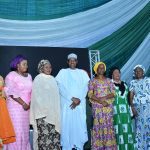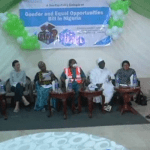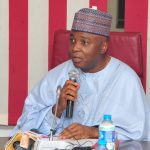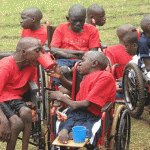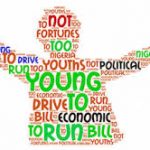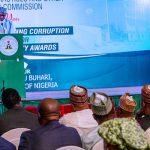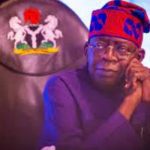A speedy passage of the Gender Equal Opportunities, GEO Bill and related legislation, according to the United Nations and UN Women, will assist to lessen some of the issues facing Nigeria and African women.
The GEO law aims to end all forms of discrimination against women, as well as to ensure that everyone has the same opportunities and rights as men, women, and people with disabilities.
The UN Women Representative to Nigeria and ECOWAS, Ms. Beatrice Eyong, stated there was a need for a comprehensive approach to facilitating the passage of women’s rights bills during a roundtable of the Africa Women Leaders Network, AWLN, in Abuja, Nigeria.
She also stressed the importance of Synergies in fostering innovative interventions.
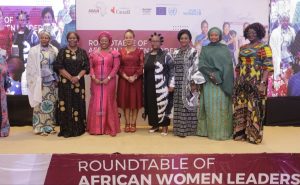
“African women have to stir change – real change! Our strategizing must look at bringing resources to the full passage and implementation of the VAPP, GEOB and all gender-progressive laws. We should look to invest resources in support to survivors of violence and their access to justice. We should look to invest resources in the emergence of women leaders across all sectors and breaking down the barriers that would look to hinder them,” Eyong said.
“UN Women is acutely aware of the importance of strengthening strategic partnerships with multi-stakeholders, both external and internal partnerships, and those existing partnerships, as well as the opportunities for forging new alliances and collaborative engagement. This engagement therefore provides us with an invaluable opportunity to reconvene all AWLN Clusters to critically assess our progress and outline actionable steps forward.
“Synergies must be fostered with innovative interventions in alignment with the Government, namely, the Ministry of Women’s Affairs, and civil society through women’s led organisations and networks.
“We look forward to the action plan that will emerge from today’s deliberation, UN Women stands in full solidarity with the African Women Leader’s Network. We look forward to the action plan that will emerge from today’s deliberation, UN Women stands in full solidarity with the African Women Leader’s Network,”Eyong stressed.
According to the Chairman Africa Women Leaders Network, AWLN, Professor Oluwafunmilayo Para-Mallam, despite the important landmarks of AWLN Nigeria, a lot still needs to be done to stabilize AWLN, Nigeria.
According to Nigeria’s Minister of Women Affairs, Professor Uju Ohanenye, a rise in the proportion of women in senior roles directly contributes to a decline in violence against women and girls in society.
“Aachieving Women increased in leadership positions and eliminating all forms of Violence Against Women and Girls is one of the several burning issues facing the country and especially the Ministry of Women Affairs.
“The political space and environment for us to actively engage in leadership position remain so unfriendly. My assertion on this is serious because even with the constitutionally guaranteed rights accorded Nigerian women; in practice most women are still relegated to the background when it comes to issues of leadership, governance/ politics and decision making.
“It is in the public knowledge that, in spite of several efforts made by women in Nigeria’s political field, our participation in politics and governance still falls short of the 35% target entrenched in the National Gender Policy and other frameworks. I therefore believe women’s leadership and the elimination of Violence Against Women and Girls goes hand in hand.
“In the Ministry, we will do all possible to support and ensure improvement/empowerment of women and other vulnerable members of our society including the implementation of key critical laws and resolutions. I call for cooperation and synergy in our work for the realization of the sustainable development goals agenda 2030 on gender equality and women empowerment,” the Minister said
The Office of the African Union Special Envoy on Women, Peace, and Security and the UN Entity for Gender Equality and the Empowerment of Women (UN Women) promote the African Women Leaders Network, a movement of African women leaders.
According to Africa Agenda 2063 and the Sustainable Development Goals for 2030, the program aims to strengthen the leadership of women in the development of Africa.



